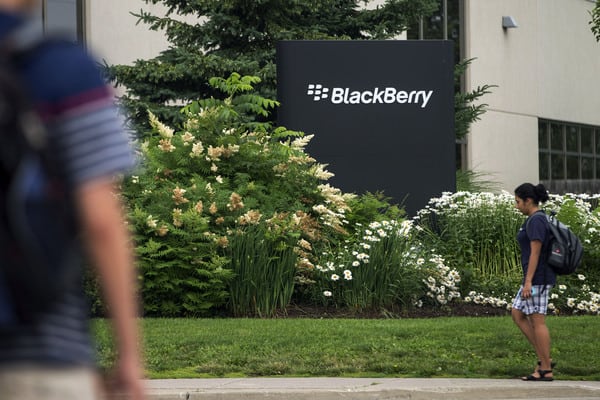A Legal Perspective on the Blackberry/Fairfax Deal

Blackberry has not released the exact wording of the Letter of Intent that it has signed with the Fairfax Financial Holdings Limited, but its September 23, 2013 press release does offer a glimpse of some of its key legal terms.
Confidentiality
The fact that Blackberry has publicly released information relating to the terms and existence of the Letter of Intent suggest that the parties wish for this to be, in a sense, a ‘public’ negotiation. Clearly, Fairfax sees this is an opportunity to attempt to sway Blackberry shareholders to eventually accept the potential sale. From Blackberry’s perspective, making the negotiation public could potentially draw other bidders and result in a higher valuation as a result of a bidding war. We will see over the coming weeks how public it will actually become.
Exclusivity
The idea that Blackberry wants a bidding war is supported by the fact that the Letter of Intent expressly allows it to seek other buyers. The Chairman of Blackberry’s Board of Directors, Barbara Stymiest, has also stated that the company wants to keep its options open: “[T]he go-shop process provides an opportunity to determine if there are alternatives superior to the present proposal from the Fairfax consortium.”
The hitch on this is that if Blackberry accepts a deal with another buyer during the due diligence period, then, subject to certain conditions, it must pay Fairfax a $0.30/share ‘kill’ fee for terminating the transaction. This amount increases to $0.50 after the due diligence period. Blackberry has very strategically put a minimum floor in place which allows it to accept an offer from a third party, or simply walk away, without any kill fee if Fairfax tries to negotiate the share price below $9.00/share.
Binding Obligations
To the extent that it has been disclosed, the Letter of Intent appears to be a very public ‘tire-kicking’ exercise. The parties have set a deadline of November 4, 2013 to enter into a definitive agreement for the transaction. For a deal this size, 6 weeks is an unbelievably tight deadline. Even if their respective financial and legal advisors work day and night on the agreement and due diligence, it is unlikely that this deadline will be met. The effect of missing this deadline is not clear, but likely the deadline can be extended by mutual agreement or a deal simply may not be reached.
In any event, the end results of the process that has now been initiated could end up looking a lot different than the current deal offered by Fairfax, including the possibility of a new buyer entering the picture.
_________________
 Timothy W. Murphy, LL.M, is the principal of Murphy & Company, a business law practice based in Vancouver, Canada, that delivers comprehensive legal advice in the technology and finance sectors. Mr. Murphy articled with a leading national law firm, has international experience with Freshfields Bruckhaus Deringer LLP in Paris, France, and, until September 2010, acted as in-house legal counsel for a multinational software company. Mr. Murphy holds a master’s degree in law from McGill University.
Timothy W. Murphy, LL.M, is the principal of Murphy & Company, a business law practice based in Vancouver, Canada, that delivers comprehensive legal advice in the technology and finance sectors. Mr. Murphy articled with a leading national law firm, has international experience with Freshfields Bruckhaus Deringer LLP in Paris, France, and, until September 2010, acted as in-house legal counsel for a multinational software company. Mr. Murphy holds a master’s degree in law from McGill University.
For more information, or to contact Murphy & Company, email: tmurphy@murphyandcompany.ca or call (604) 360-7014.
Visit his website at www.murphyandcompany.ca
_____________________

Tim Murphy
Writer


